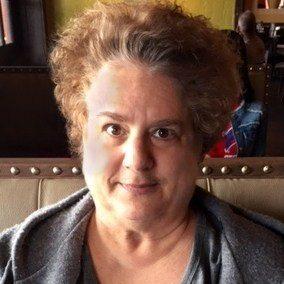VIDEO HIGHLIGHTS:
What are the Symptoms of Tardive Dyskinesia
(Part 1 / 4)
Tardive dyskinesia is a neurological side effect of antipsychotic medications (and other dopamine receptor blocking agents) which may emerge after months or years after receiving these medications. Tardive means “late” and “dyskinesia” is a Greek word that means abnormal movement.
Epidemiological surveys estimate that there are at least 500,000 people in the United States who suffer from TD.
The movements associated with TD are called “choreiform” because they are random, involuntary and not rhythmic. They commonly start in the face, mouth, lips, tongue, jaw or eyes and then spread to the neck, shoulders, fingers, legs and toes. Sometimes persons with TD may have swaying movements of their trunk. TD movements are different that other antipsychotic- induced movement disorders such as Parkinsonian tremors and rigidity.
Untreated TD can greatly and adversely impact one’s quality of life because persons with it may become embarrassed to participate in social settings or may not be able to use their hands for typing or writing or drawing, and may even affect their gait. Fortunately, after several decades of no treatment at all, in 2017 two drugs to treat TD were approved by the FDA, valbenazine and deutetrabenazine.
CURESZ Foundation Editorial Board:
Editor-In-Chief Bethany Yeiser, BS
Henry A. Nasrallah, MD
Karen S. Yeiser, RN
David E. Yeiser, M. Div
Louis B. Cady, MD, FAPA
Mary Beth De Bord, JD
Erik Messamore, MD, PhD
Craig Chepke, MD, FAPA
Peirce Johnston, MD
James A. Hunt, JD
Jonathan M. Meyer, MD
Carol North, MD, MPE
Please consider making a donation to the CURESZ Foundation online at CURESZ.org Your contribution will help provide education and referrals to persons with schizophrenia, their families, and those who work with the seriously mentally ill. CURESZ informs the general public to better understand this serious brain disorder, and to provide scientific advances showing that there is hope for recovery, and a return to a fulfilling and normal life. The CURESZ Foundation is a 501(c)(3) nonprofit organization. All contributions are tax deductible.




